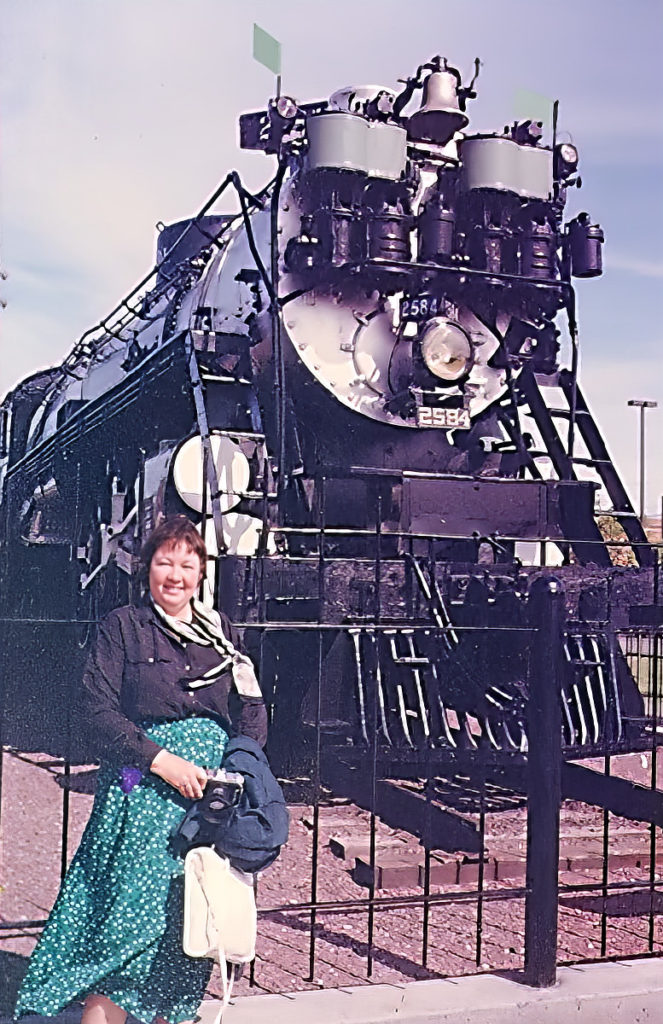Opposing Views: Could the South have ever received recognition from England?
Alan Sissenwein: YES
By 1862, the British economy was suffering badly as a result of the American Civil War. The Union blockade had cut off the flow of Southern cotton to Britain’s mills, forcing hundreds of them to close and putting over 400,000 textile workers out of their jobs or compelling them to accept only part-time employment. Pressure mounted on Lord Palmerston’s government to mediate an end to the war as a first step to reopening the mills. After the Union defeat at Second Manassas, Palmerston was seriously considering making an offer of mediation but planning to recognize the Confederacy if the Union rejected it. Lincoln would have almost certainly spurned such an offer, since mediation would have ended in Confederate independence. When Lee invaded Maryland in September, Palmerston was paying close attention to events, edging toward making his offer if Northern forces continued to suffer defeats.
Lee’s invasion thus opened a narrow window in which the Confederacy might have achieved recognition from Britain. As history played out, Union forces cornered Lee near Antietam creek and, after fighting a battle, forced him to withdraw to Virginia. Lee’s reverse cooled Palmerston’s ardor for diplomatically intervening in the Civil War, and it also allowed Lincoln to issue the Emancipation Proclamation, which severely undercut future chances for Confederate recognition abroad. Yet there was nothing inevitable about this result and, in fact, the outcome of the Antietam campaign had turned on a fluke. This talk will present a speculative scenario, based on fact, on how the Maryland campaign might have gained British recognition for the Confederacy.
Jim Retta: NO
A deep analysis of English accounts clearly indicates that England would never have recognized the confederacy. Lincoln’s government threatened war with England if they recognized the CSA. That would mean loss of 25% of England’s food, US privateers raiding UK commerce, and the expense of projecting forces to North America. The loss of confederate cotton did not disrupt the UK economy as much as expected and the slavery issue kept English society from formally accepting the CSA. Finally, Queen Victoria is known to have favored the USA and would never have let her government recognize a CSA that existed and fought to maintain slavery
Alan Sissenwein has been a member of the South Bay Civil War Round Table since 1997 and currently serves as its vice president. A professional writer, he holds a bachelor’s degree in history from UC Berkeley and a master’s in journalism from the Medill School of Journalism at Northwestern University. He is currently writing the second draft of a book on the Battle of Fredericksburg.
Jim Rhetta retired from Lockheed Corp, and also retired from the USAF Reserve as a Colonel in the Intelligence Community. In both careers he monitored, analyzed and reported on global conflicts and crisis for the DoD Community. His career required him to write and present Daily Intelligence Briefings, threat assessments, and weekly activity reports. He published classified books on foreign air defense threats and Order-of -Battles. He continues to monitor both current events and historical subjects for their impact on us today.


